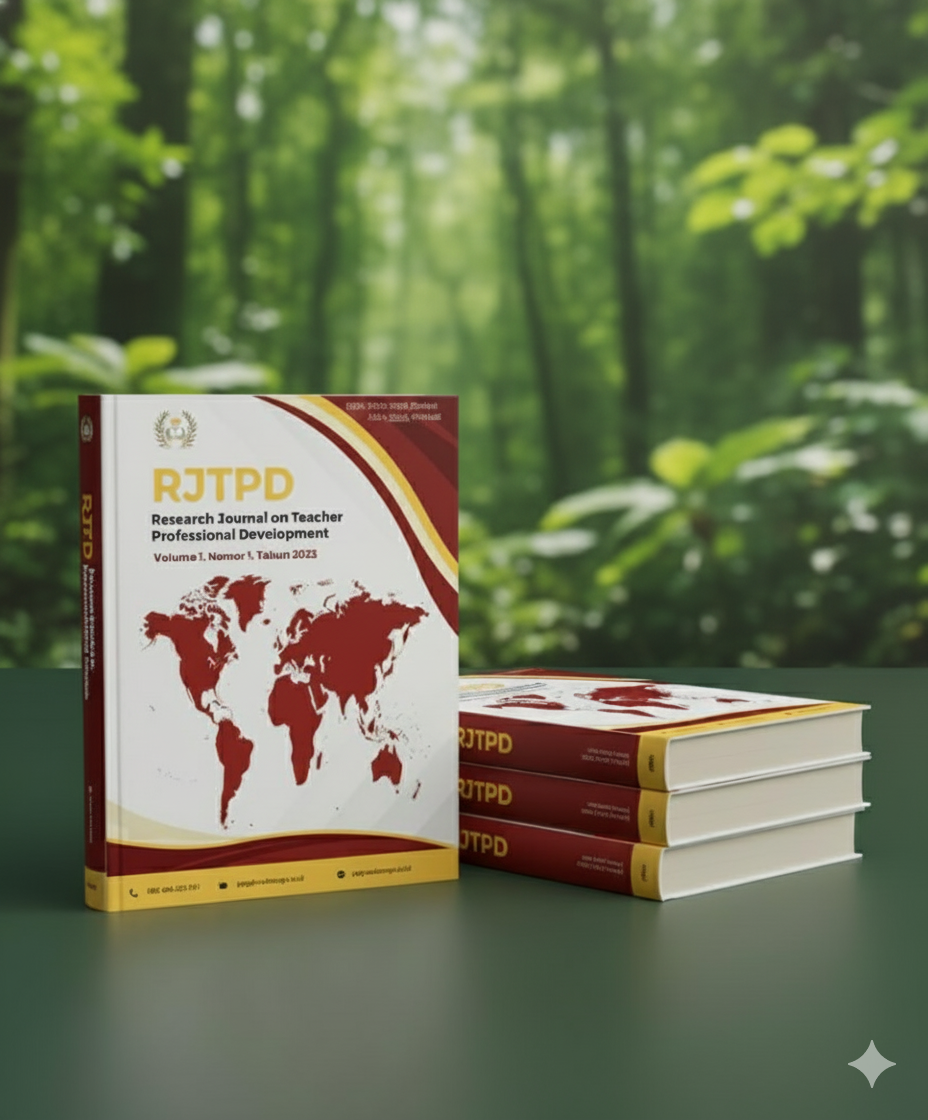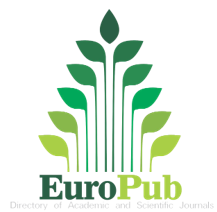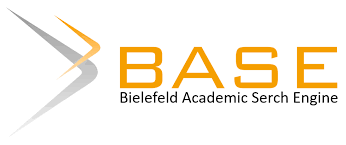Implementation of the Problem Based Learning Model to Improve Understanding of Dhuha, Tahajud, and Friday Prayer Material in Elementary School Students
DOI:
https://doi.org/10.21580/rjtpd.v3i02.24924Abstract
This research is motivated by the low learning outcomes of students in the subject of Islamic Religious Education (PAI), especially in the mastery of dhuha, tahajud, and Friday prayer materials in grade IV of SD Negeri 1 Tunahan. The purpose of the study is to analyze the improvement of student learning outcomes through the application of the Problem Based Learning (PBL) model and describe the implementation of the model along with its supporting and inhibiting factors. The research uses a Classroom Action Research (PTK) approach with a two-cycle design that includes the stages of planning, implementation, observation, and reflection. The research subjects consist of 15 grade IV students in the 2024/2025 school year. Data was collected through learning outcome tests, observations, interviews, questionnaires, and documentation, then analyzed descriptively, qualitatively, and quantitatively. The results showed a significant improvement: learning completeness increased from 33% in the pre-cycle to 87% in the second cycle, accompanied by an increase in the activity of teachers (average 4.9) and students (average 3.8) who were categorized as satisfactory and good, respectively. The PBL model has been proven to be effective in creating active, interactive, and contextual learning, thereby strengthening students' understanding of PAI materials. These findings make an original contribution to the application of a problem-based approach to religious learning in primary schools, while offering an alternative to relevant and applicable learning strategies.
Downloads
References
Aliputri, D. (2018). The application of a make a match type cooperative learning model assisted by picture cards to improve student learning outcomes. Journal of Basic Education, 2(1A), 70-77. https://doi.org/10.21067/jbpd.v2i1a.2351
Ambarwati, A., Budiarti, A., Laela, N., Haqq, A., & Makhful, M. (2023). The urgency of religious character education in improving student discipline. JPMP, 1(1), 35-46. https://doi.org/10.61813/jpmp.v0i0.58
Baltiwi, T. and Ramadhan, Z. (2023). Problem-based learning model to improve student activities and learning outcomes in elementary school grade V science learning. Journal of Education Action Research, 7(4), 603-610. https://doi.org/10.23887/jear.v7i4.69971
Bariyyah, K. (2024). Development of hypercontent-based teaching modules to improve the creative thinking skills of high school students in grade XI. https://doi.org/10.21009/03.1201.pf39
Fitriani, R. (2018). Improving the critical thinking skills of junior high school students in grade VII through problem-based learning. Bioedusiana Journal of Biology Education, 4(2), 8-14. https://doi.org/10.34289/277877
Fitriyanti, F., Farida, F., & Zikri, A. (2020). Improving students' attitudes and scientific thinking skills through the PBL model in elementary schools. Journal of Basic Education, 4(2), 491-497. https://doi.org/10.31004/basicedu.v4i2.376
Halimatus, S. (2024). The effect of applying the problem based learning model on critical thinking and problem solving skills in islamic learning for students in pondok pesantren in east java. Journal of Education Technology and Innovation, 6(2), 66-73. https://doi.org/10.31537/jeti.v6i2.1547
Jannah, I., Chamisijatin, L., & Husamah, H. (2018). Implementation of character education in science teaching at SMPN XY Malang City. Journal of Biotech, 6(1), 1. https://doi.org/10.24252/jb.v6i1.4243
Khan, L., Chaerul, A., & Resita, C. (2022). Implementation of problem-based learning models in online physical education learning. Journal of Educatio Fkip Unma, 8(3), 1174-1183. https://doi.org/10.31949/educatio.v8i3.3138
Kholidah, L., Sultoni, A., & Nurhidayati, N. (2023). Training on the design of making a variety of affect-based learning media for elementary school Islamic religious education teachers. Science and Technology Dedication, 3(2), 211-224. https://doi.org/10.47709/dst.v3i2.3056
Kholis, N. (2019). The importance of problem based learning in islamic higher education. Nadwa Journal of Islamic Education, 12(2), 335-362. https://doi.org/10.21580/nw.2018.12.2.2532
Muawwanah, S. and Darmiyanti, A. (2022). Internalization of Islamic character education in madrasah ibtidaiyah. Educational Journal of Educational Sciences, 4(1), 909-916. https://doi.org/10.31004/edukatif.v4i1.2007
Nafa, Y., Sutomo, M., & Mashudi, M. (2022). Insight into religious moderation in the development of Islamic religious education learning design. Edupedia Journal of Islamic Education and Pedagogy Studies, 7(1), 69-82. https://doi.org/10.35316/edupedia.v7i1.1942
Neriasari, D. and Ismawati, E. (2018). The effect of the use of the problem-based learning model on the achievement of learning to write explanatory is reviewed from the aspect of student learning motivation. Journal of Language Education, 7(2), 436. https://doi.org/10.31571/bahasa.v7i2.1024
Novia, N., Nasyawa, R., Widodo, S., & JUNIANTO, J. (2023). The application of problem-based learning to improve critical thinking skills for students in elementary school learning. Journal of Basic Medicine, 7(6), 3923-3930. https://doi.org/10.31004/basicedu.v7i6.6428
Novianti, A., Bentri, A., & Zikri, A. (2020). The effect of the application of the problem based learning (pbl) model on student learning activities and outcomes in integrated thematic learning in elementary schools. Journal of Basicedu, 4(1), 194-202. https://doi.org/10.31004/basicedu.v4i1.323
Pratiwi, E. and Setyaningtyas, E. (2020). Students' critical thinking skills through problem based learning models and project-based learning models. Journal of Basicedu, 4(2), 379-388. https://doi.org/10.31004/basicedu.v4i2.362
Purnama, T., Rohman, U., & Prayogo, P. (2023). The influence of learning models and learning motivation on the learning outcomes of volleyball bottom passing in vocational high schools. Jiip - Scientific Journal of Educational Sciences, 6(11), 9335-9341. https://doi.org/10.54371/jiip.v6i11.2652
Rahmad, M. and Fatimah, M. (2024). Implementation of the problem-based learning model on the learning outcomes of faith material to angels in junior high school students. Journal of Learning Research and Innovation, 4(2), 964-977. https://doi.org/10.51574/jrip.v4i2.1862
Su, K. (2022). The effects of cross-disciplinary life science innovation implemented by students' stimulated strategies for pbl-stem self-efficacy. Journal of Baltic Science Education, 21(6), 1069-1082. https://doi.org/10.33225/jbse/22.21.1069
Sufiani, S. and Putra, A. (2020). The implementation of supervisor empowerment on the effectiveness of supervision of Islamic religious education supervisors. Al-Ta Dib Journal of Educational Studies, 13(2), 113. https://doi.org/10.31332/atdbwv13i2.1780
Yunitasari, I. and Hardini, A. (2021). The application of the PBL model to increase student activity in online learning in elementary schools. Journal of Basic Science, 5(4), 1700-1708. https://doi.org/10.31004/basicedu.v5i4.983
Downloads
Published
Issue
Section
License
Copyright (c) 2025 Wiyantiningsih, Siti Nur Jannah

This work is licensed under a Creative Commons Attribution-NonCommercial-ShareAlike 4.0 International License.
The copyright of the received article shall be assigned to the journal as the publisher of the journal. The intended copyright includes the right to publish the article in various forms (including reprints). The journal maintains the publishing rights to the published articles. Authors are allowed to use their articles for any legal purposes deemed necessary without written permission from the journal with an acknowledgment of initial publication to this journal.
















